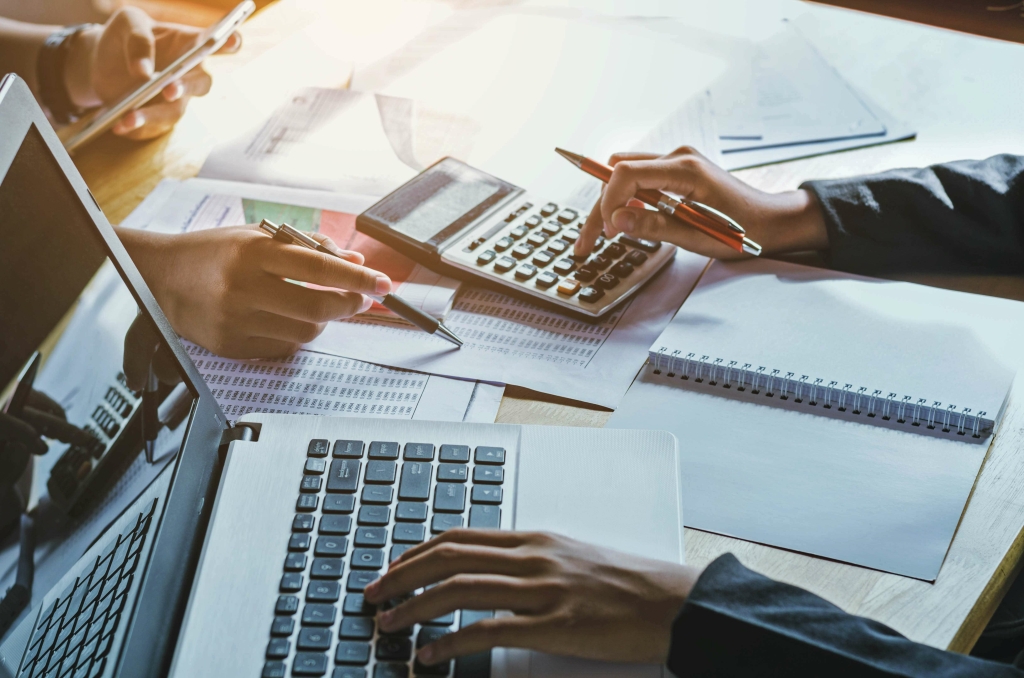Why You Should Balance Your Checking Account

But if you wait more than two months to find and report a problem, you might have to absorb the loss. Place a checkmark (on both the bank statement and the check register) next to matching items. To balance your checking account, you want to look at how much has gone in and out, then make sure these numbers match the values you are expecting. If they do not, then your account is unbalanced and you have money that is unaccounted for. If the accounts receivable account used above is followed through to the next accounting period it would look as follows.
Debt-to-asset ratio measures how much of your company’s performance (asset generation) is financed through loans and debts. Creditors and banks use this ratio to determine how your business is performing and if it’s risky to give your balancing accounts business a loan. Days payable outstanding (DPO) is the average number of days you take to pay back due bills. It’s calculated by dividing your average accounts payable by cost of goods sold, and multiplying the result by 365 days.
Is raising backyard chickens a good idea financially?
Here’s what you need to know to understand how balance sheets work and what makes them a business fundamental, as well as steps you can take to create a basic balance sheet for your organization. For investments in brokerage accounts, an account balance can change daily as security prices rise and fall in the market. Other accounts have an account balance, such as a utility bill or a mortgage loan. It involves building a plan based on your spending habits and then tracking your spending to ensure you stay on course. Apps like Mint or PocketMoney, for example, can help you track transactions and give you a simple dashboard to use when reconciling your account. Bankrate follows a stricteditorial policy, so you can trust that our content is honest and accurate.
- You can check your account balance online, with an app if your bank has one, at an ATM, by phone, or by text.
- By concentrating funds in the master account, more money is available for investments rather than having small dollar amounts idle within a variety of subaccounts.
- We accept payments via credit card, wire transfer, Western Union, and (when available) bank loan.
- The good news is, if you do this for a while, you’ll likely become more familiar with your spending habits.
- Balancing your checkbook is the process of reconciling the bank’s record of your account activities with your own.
A low CCC value indicates that you’re able to receive payments on unpaid invoices and sell your inventory in a decent amount of time. Conversely, a high number indicates that you’re slow on collecting dues and could soon run into a cash shortfall. It should be noted that at the end of the period the general ledger adjustment account and the accounts receivable ledger adjustment account should have equal and opposite balances. Similar entries can be made in respect of other items such as cash received and sales returns. In each case the usual accounts receivable entry is made to the accounts receivable ledger and an equal and opposite entry is made to the general ledger adjustment account. A small accounting system with few transactions can usually be maintained in a single ledger.
Balancing Your Checkbook Is Essential
For credit cards, account balances represent the total amount of debt owed at the start of the statement date and include any debt rolled over from previous months with interest charges. Available credit is the term used alongside the account balance to indicate how much of the credit line is left to spend. When combined, these practices offer a range of benefits, including financial accuracy, fraud detection, improved budget management, and enhanced decision-making. By tracking your expenses and balancing your checking account, you gain control over your financial life, reduce financial stress, and pave the way for long-term financial success.

Bir yanıt yazın